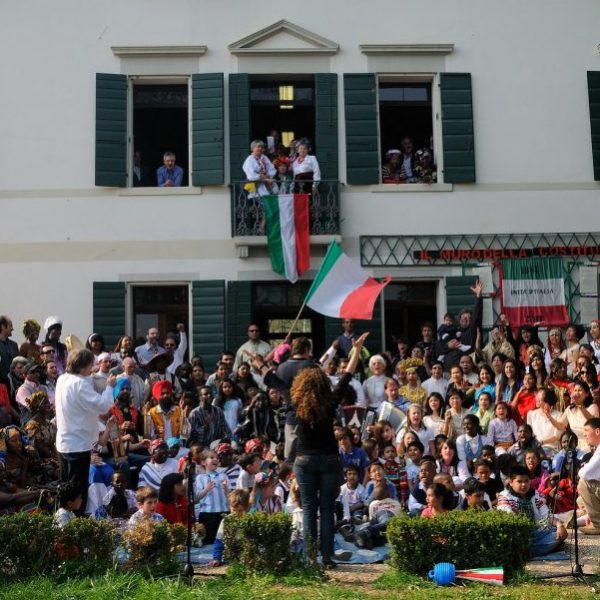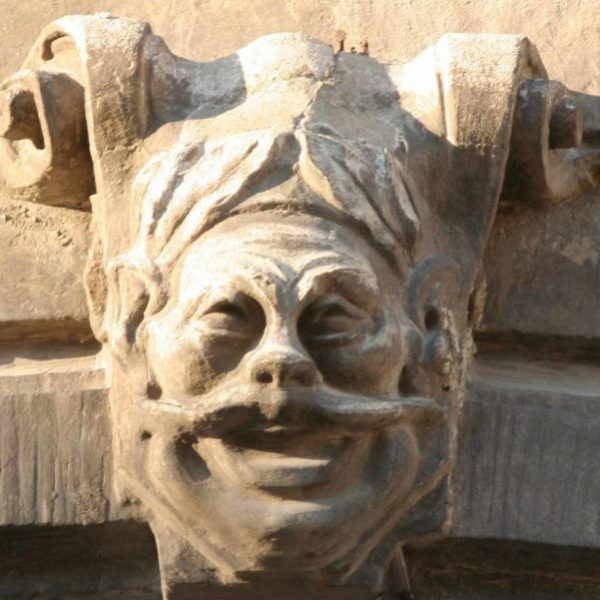Directed Studies of Literature and Politics to Collide in Grand Strategies
Joan of Arc and Odysseus have more in common than one might think. Not only that, but since the former conversed with saints and the latter with goddesses, today would today recommend them to a shrink. According to Charles Hill’s Grand Strategies: Literature, Statecraft, and World Order, both figures exist in literary works that capably demonstrate statecraft. Odysseus, the trickster, leads an embassy and negotiations, while Joan, forever a malleable symbol, heralds the idea of nationalism. If they had lived in the same age, Odysseus would have been an ambassador and Joan a five-star general, and even if they didn’t like each other, they would have diplomatically pretended to and cut both their drawn-out wars short.
 Grand Strategies originated as a Yale seminar, “Studies in Grand Strategy”, begun by Hill along with Yale professors John Gaddis and Paul Kennedy, as reported in the Yale Herald. The course, which focuses on studying literature, history, and philosophy, was designed to prepare students with “big ideas” for national and global leadership positions. This summer, Hill continues to lead discussions on these topics for the first in a summer series of lifelong learning opportunities: Directed Studies for Life, named after the popular “Directed Studies” year-long, interdisciplinary survey in the humanities for Yale freshmen, and sponsored by Yale College, Yale Summer Session, and the Association of Yale Alumni.
Grand Strategies originated as a Yale seminar, “Studies in Grand Strategy”, begun by Hill along with Yale professors John Gaddis and Paul Kennedy, as reported in the Yale Herald. The course, which focuses on studying literature, history, and philosophy, was designed to prepare students with “big ideas” for national and global leadership positions. This summer, Hill continues to lead discussions on these topics for the first in a summer series of lifelong learning opportunities: Directed Studies for Life, named after the popular “Directed Studies” year-long, interdisciplinary survey in the humanities for Yale freshmen, and sponsored by Yale College, Yale Summer Session, and the Association of Yale Alumni.
In the book, Hill argues that great works of literature create some of the most effective illustrations of statecraft. Literature is “unbounded” and able to explore strategy in a free manner that historians and political scientists cannot. While outlining his book for the Power Line Blog, Hill explains, “Historians when writing…about great decisions…distort reality because they study the case…when all data and documents are available to them…the decision maker at the time of the crisis did not and could not have all such knowledge.” With literature, the reading audience discovers facts about the crises in the fictional world simultaneously with the characters. World leaders from Alexander the Great to Mao Zedong used literature not to cultivate their minds or improve their characters but to learn about the human thought process and study political maneuvers.
Modern leaders, then, could also learn from works such as the Iliad and George Bernard Shaw’s Saint Joan, in which Odysseus and Joan practice key elements of statecraft. Hill points out that in Book 9 of the Iliad, in which Odysseus is sent by the Greek King Agamemnon to persuade Achilles to fight again, that Odysseus is a negotiator working for his own interests as well as those of Agamemnon and Achilles. The embassy he leads, therefore, is not as successful as it could have been, and it could have led to a disaster within the Greek camp, as Hill goes on to explain. The Homeric epic still teaches useful lessons, even those seemingly as simple as learning from another’s mistakes. The Trojan War, however, occurred within a classical framework before the modern state developed. Joan of Arc lived at a time when France was transitioning into the modern state, so in Shaw’s version of her story we can study the fundamentals of nationalism. She fights to form a unified state and support a single leader. On second thought, with Odysseus at her side (and ear), she might have skipped the whole France thing and built her own country.



